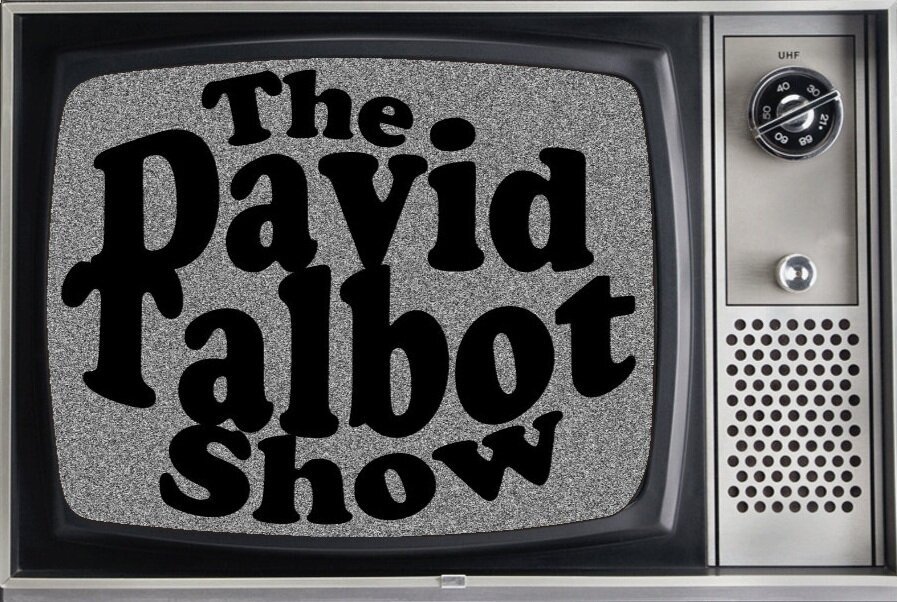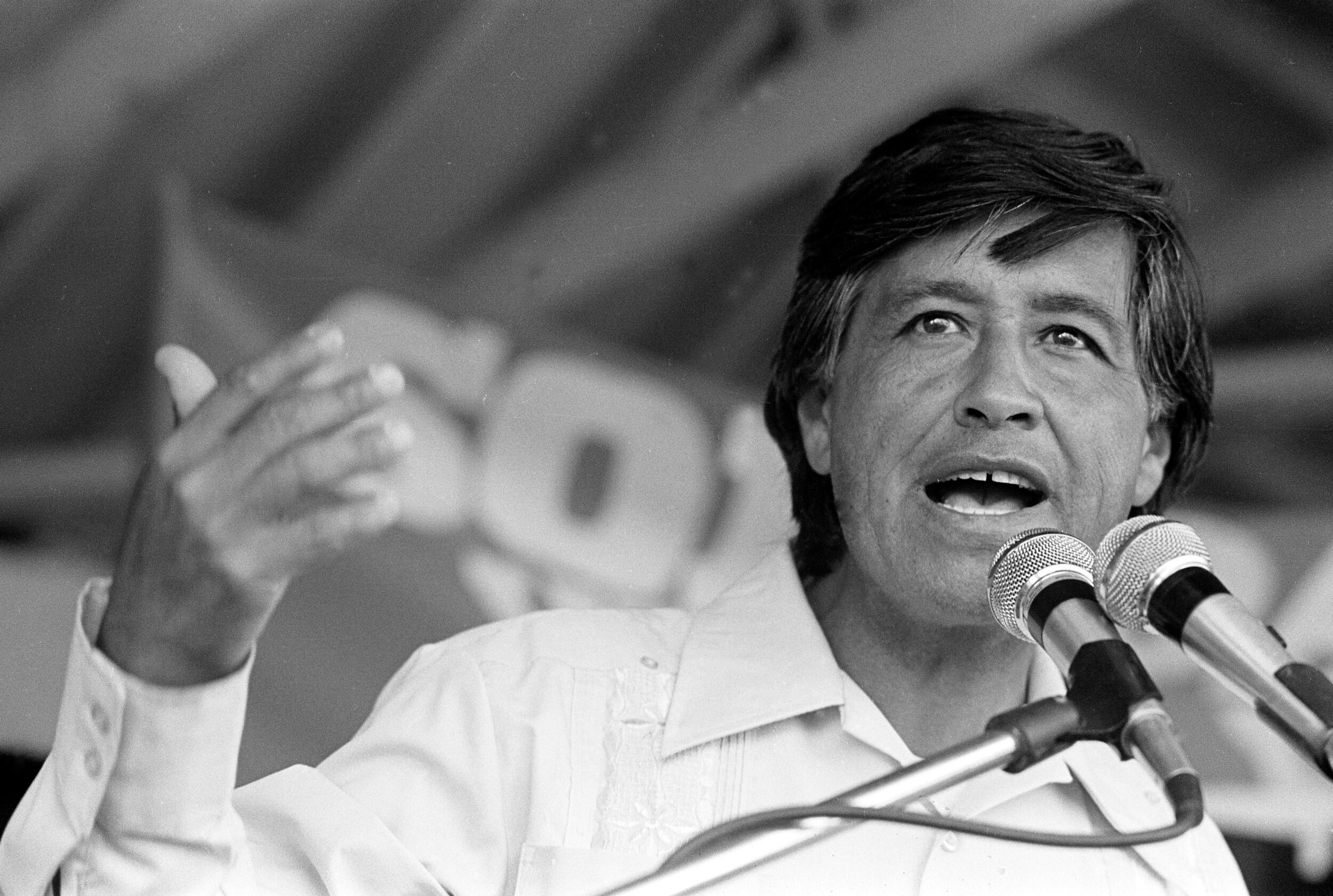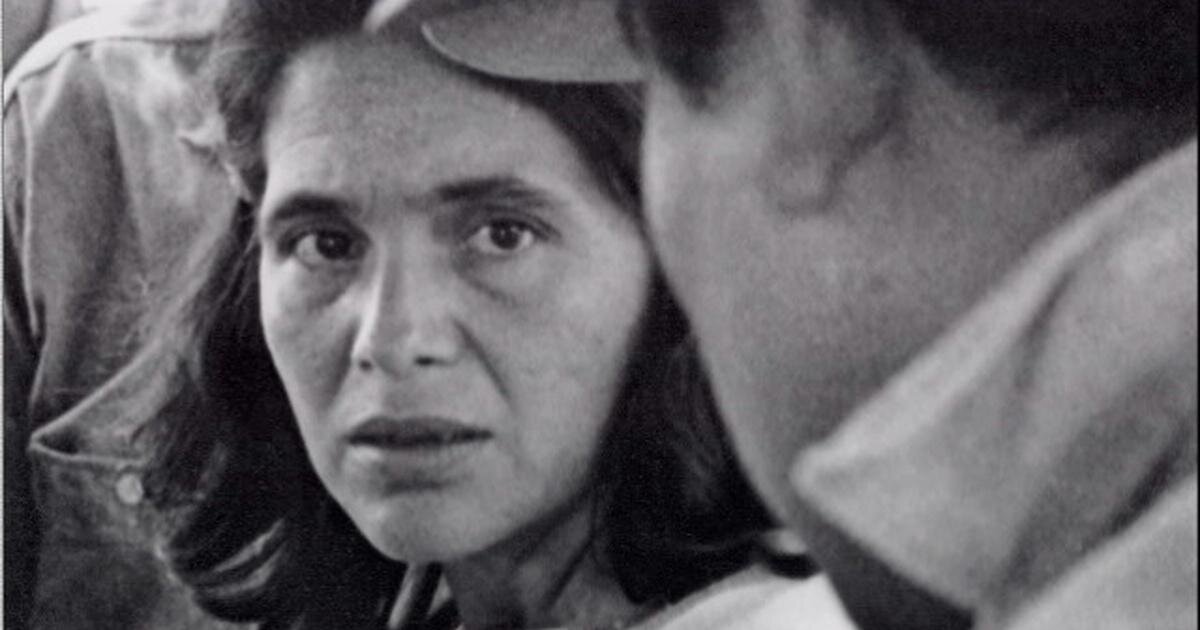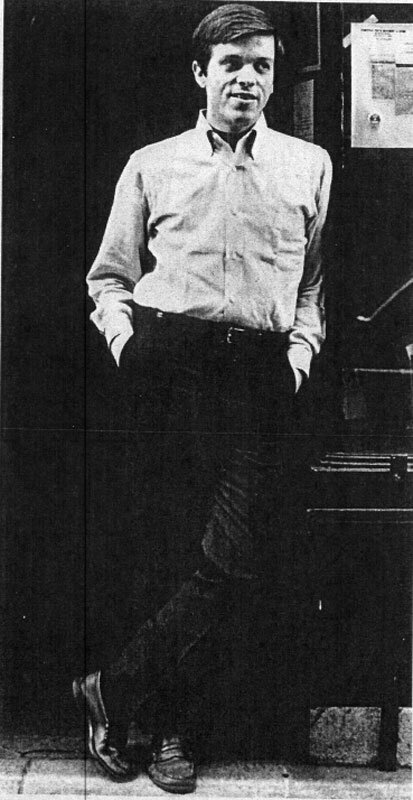Heroes of the Second American Revolution, Part Two
As I was saying in the post below, By the Light of Burning Dreams, the new book by me and my sister Margaret Talbot of The New Yorker magazine, will examine crucial turning points in the lives of revolutionary heroes of the 1960s and ‘70s, epiphanies that changed their lives and the course of American history. Yesterday I ran a photo gallery of Tom Hayden, Jane Fonda, Bobby Seale, Huey Newton, Kathleen Cleaver, and a mug shot of a Jane activist, one of the Chicago feminists who ran an underground abortion clinic before Roe v. Wade.
For the low, low price of a $50 donation to the David Talbot Show, you can pre-order a copy of By the Light of Burning Dreams. which will be published in June by HarperCollins. Don’t let Aaron Sorkin, Ken Burns or Doris Kearns Goodwin control your knowledge of American history. Liberate your mind with a rigorously independent chronicle of this searing history.
Here are some other legendary radicals who will be featured in the book.
Cesar Chavez electrified his United Farm Workers movement — which was as much a spiritual crusade as a labor struggle — with his death-defying hunger strikes.
But his martyrdom complex also became weighed heavily on his fellow organizers, including Dolores Huerta, another UFW saint who later said she should’ve argued more strenuously with Chavez.
Craig Rodwell started the first openly gay and lesbian bookstore in the world, named after Oscar Wilde. A refugee from a Dickensian childhood in Chicago. Rodwell also took the lead in publicizing the political importance of New York’s Stonewall riot in 1969 — which started when butch performer and activist Storme DeLarverie resisted police arrest outside a popular gay bar. Soon after, Rodwell and his bookstore staff organized the first Gay Pride parade.
John Lennon and Yoko Ono moved into a small Greenwich Village apartment in 1971 and began a year of living dangerously, recording songs that urged “power to the people” and joining with militant leaders to stop the Vietnam war and bring down President Richard Nixon. Washington authorities felt deeply threatened by the ex-Beatle’s radical turn and targeted him as an enemy of the state.
And in 1973, leaders of the American Indian Movement — including Russell Means and Dennis Banks — took over the sacred Wounded Knee site on the Pine Ridge Reservation in South Dakota with desperate members of the Lakota tribe. For 71 days, the men, women and children who occupied Wounded Knee withstood the ferocious, militarized assault of federal and local forces.
Among the unsung heroes was Madonna Thunder Hawk, who said the women warriors didn’t feel a need to trumpet their role, while the media focused on the “chiefs in their headdresses.”
The great escape of AIM leaders on the final night of the siege, through the heavily fortified lines that encircled them, is a dramatic, page-turning story. Banks, Thunder Hawk and many others lived to fight another day, proving — as Means said — “that John Wayne hadn’t killed us all,”
Donate $50 Saturday or Sunday— and get a FREE copy of this powerful book.






